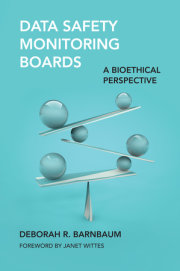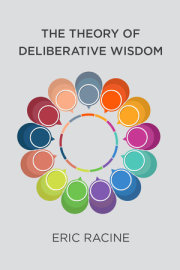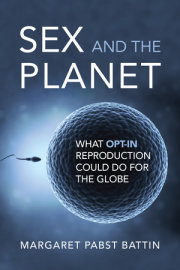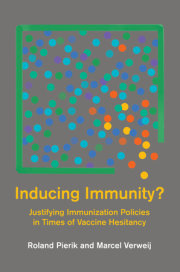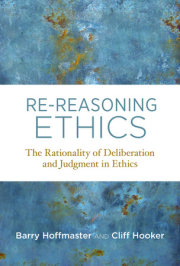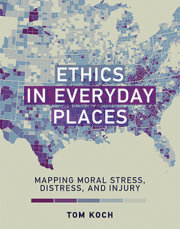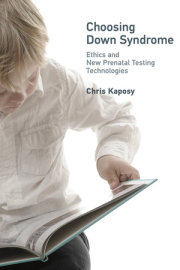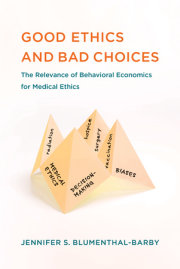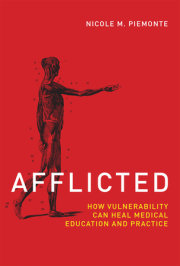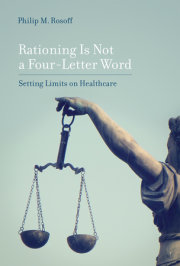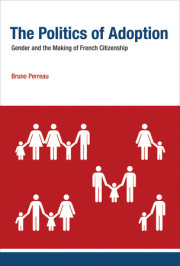Experts from different disciplines offer novel ideas for improving research oversight and protection of human subjects.The current framework for the regulation of human subjects research emerged largely in reaction to the horrors of Nazi human experimentation, revealed at the Nuremburg trials, and the Tuskegee syphilis study, conducted by U.S. government researchers from 1932 to 1972. This framework, combining elements of paternalism with efforts to preserve individual autonomy, has remained fundamentally unchanged for decades. Yet, as this book documents, it has significant flaws—including its potential to burden important research, overprotect some subjects and inadequately protect others, generate inconsistent results, and lag behind developments in how research is conducted. Invigorated by the U.S. government's first steps toward change in over twenty years, Human Subjects Research Regulation brings together the leading thinkers in this field from ethics, law, medicine, and public policy to discuss how to make the system better. The result is a collection of novel ideas—some incremental, some radical—for the future of research oversight and human subject protection.
After reviewing the history of U.S. research regulations, the contributors consider such topics as risk-based regulation; research involving vulnerable populations (including military personnel, children, and prisoners); the relationships among subjects, investigators, sponsors, and institutional review boards; privacy, especially regarding biospecimens and tissue banking; and the possibility of fundamental paradigm shifts.
Contributors
Adam Braddock, Alexander Morgan Capron, Ellen Wright Clayton, I. Glenn Cohen, Susan Cox, Amy L. Davis, Hilary Eckert, Barbara J. Evans, Nir Eyal, Heidi Li Feldman, Benjamin Fombonne, Elisa A. Hurley, Ana S. Iltis, Gail H. Javitt, Greg Koski, Nicole Lockhart, Holly Fernandez Lynch, Michael McDonald, Michelle N. Meyer, Osagie K. Obasogie, Efthimios Parasidis, Govind Persad, Rosamond Rhodes, Suzanne M. Rivera, Zachary M. Schrag, Seema K. Shah, Jeffrey Skopek, Laura Stark, Patrick Taylor, Anne Townsend, Carol Weil, Brett A. Williams, Leslie E. Wolf



